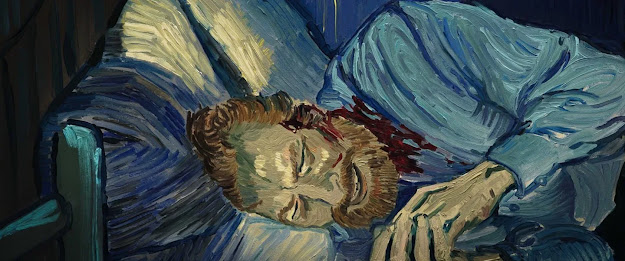Roger Greenwald attended The City College of New York and the Poetry Project workshop at St. Mark’s Church In-the-Bowery, then completed graduate degrees at the University of Toronto. He has won two CBC (Canadian Broadcasting Corp.) Literary Awards (for poetry and travel literature), the Gwendolyn MacEwen Poetry Prize, and many awards for his translations from Scandinavian languages. He has published three books of poems: Connecting Flight, Slow Mountain Train, and The Half-Life.
His several translations in poetry include The time in Malmö on the earth by Jacques Werup (Toronto: Exile Editions, 1989), North in the World: Selected Poems of Rolf Jacobsen (University of Chicago Press, 2002), Guarding the Air: Selected Poems of Gunnar Harding (Black Widow Press, 2014), and Through
Naked Branches: Selected Poems of Tarjei Vesaas (Revised Edition, Black
Widow Press, 2018). His translation of Rolf Jacobsen’s poems won him
the Lewis Galantière Award from the American Translators Association.
Other translation awards include the American Scandinavian Foundation
Translation Prize (twice), the Inger Sjöberg Translation Prize, the F.
R. Scott Translation Prize, and the Richard Wilbur Prize.
The
speaker in the above poem begins by narrating the torpor and clutter that permeate his home. The home cum office atmosphere reflects the speaker’s state
of mind ( ‘we’re surviving the same way’) .Routine activities are
deferred or are not done with the same frequency as earlier. Everything
tends to decay and disintegration.
The second stanza is a continued meditation on the first and it says that some things besides what is mentioned in the first stanza may also fall apart though not at the same pace. The poem doesn't say what that is, but the title is a hint. Some of the luster in his home still prevents it. The paint that stays bright frustrates the crumbling project. The paint molecules and those of the mattress springs preserve memories for a long time; so that's what doesn't crumble away (Molecules/have long memories) . There used to be "someone" jumping on the mattress -- no more. There used to be music in the house -- no more. The finger-streaked windows are the same sort of detail as the dusty plants. A person can be tanned. But "someone" is no longer there, only dust motes; and the memory of a tan can be projected only onto the air.Objects can be seen, touched, felt, heard, tasted and felt and they are more than just physical objects. This poem powerfully recognizes it and presents them as reminders of loss and sorrow.
.



